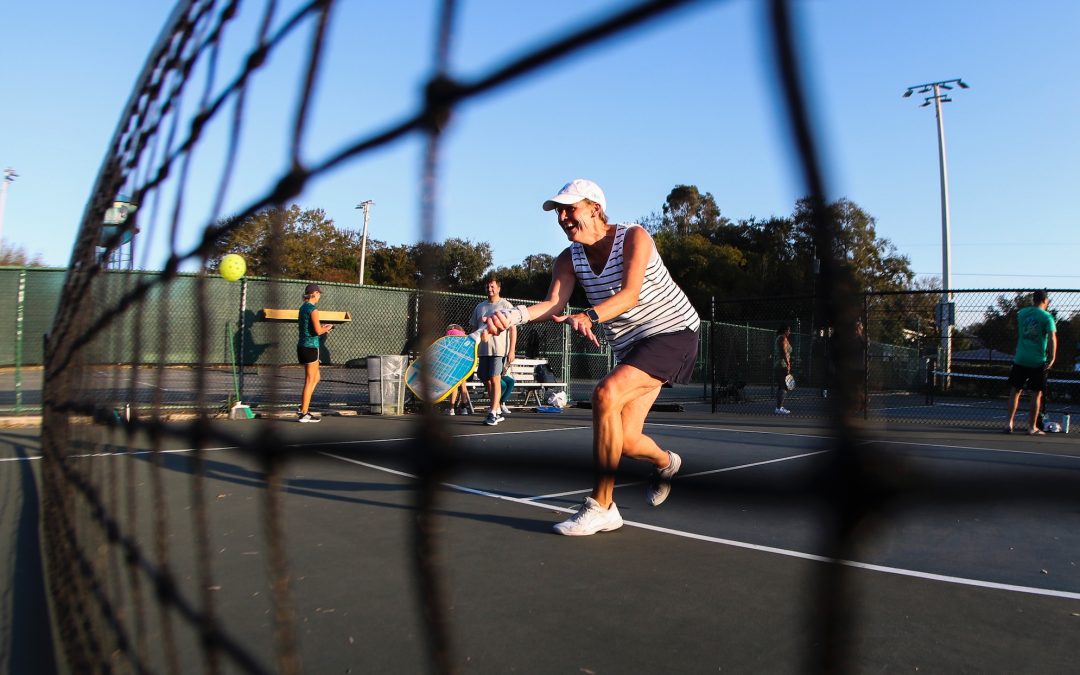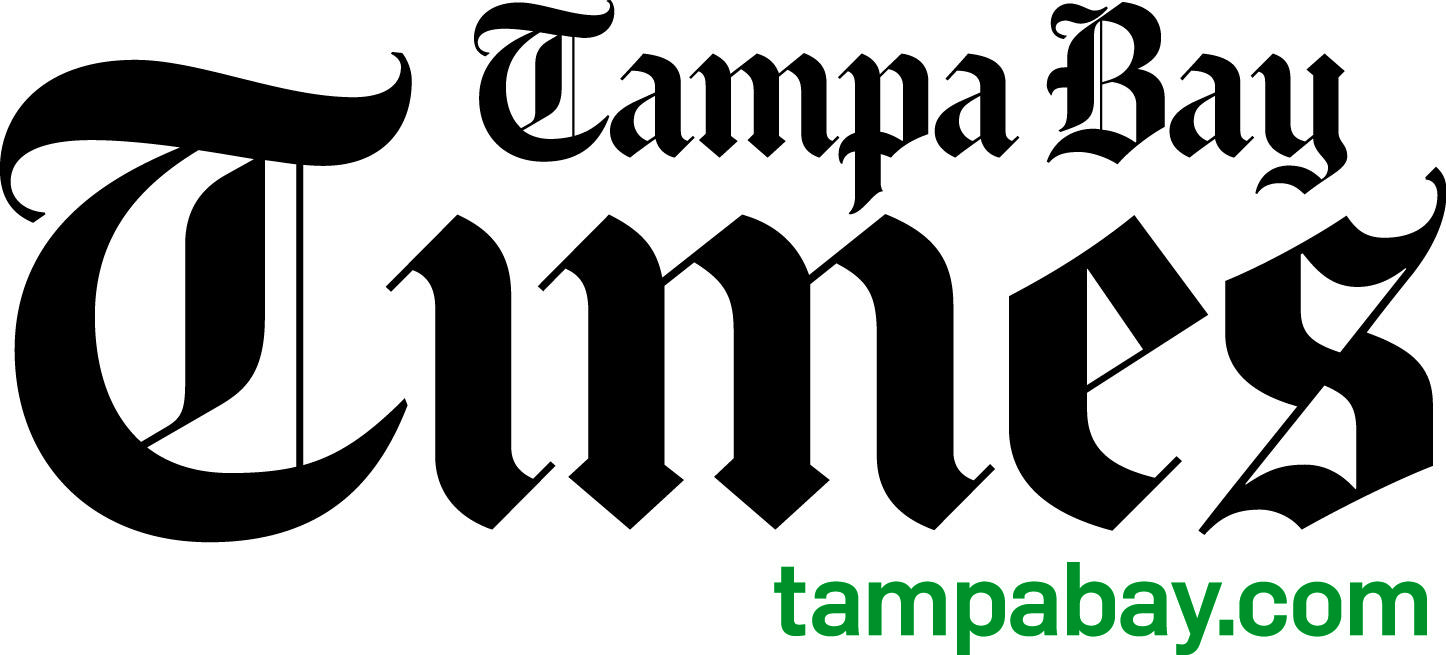As Orlando Mayor Buddy Dyer opened the pickleball session at the United States Conference of Mayors winter meeting Jan. 19 in Washington D.C., he asked his audience to say the name of the sport out loud.
“Doesn’t that make everybody smile to say it?” Dyer said. Just that morning, Major League Pickleball named Orlando one of two cities for an expansion team.
Pickleball is the nation’s fastest-growing sport, according to a recent report by the Sports & Fitness Industry Association, and Florida officials are learning how to make money off of it.
Local governments can profit financially from the pickleball craze if they build facilities nice enough to host professional tournaments, mayors shared at the conference. But to be successful in both community use and private-public partnerships, parks and recreation departments must consider factors like noise, the social nature of the game, passionate tennis players and the proper way to redo courts.
Drawing tennis and pickleball lines on the same surface can confuse players, but remaking all courts for pickleball can upset the tennis community. Meanwhile, the loud sound of paddles hitting balls has drawn ire from residential communities nationwide. Fort Lauderdale residents are fighting a proposed public-private pickleball facility with 42 courts in Snyder Park.
Located just south of Fort Lauderdale, the city of Dania Beach is preparing to redo its parks. Mayor A.J. Ryan said he wants to adapt to the sport that is “growing like wildfire.”
“I want to tackle it head on before I get approached by other individuals and my residents, because I already know that a lot of people are for it,” Ryan said.
Mayor Gavin Buckley of Annapolis, Maryland, echoed a similar sentiment on the panel, comparing pickleball to a religion and telling attendees to be prepared. “You can’t keep up with what’s gonna come at you,” he said.
The pickleball session was welcome and fun relief at the Conference of Mayors. Ryan heard from Mayor Bryan Barnett of Rochester Hills, Michigan, who said that his city planted special ferns to lower the sound of the ball. Because his city built only eight courts, it doesn’t have the ability to host or profit from professional tournaments that usually need 16, Barnett shared.
Ryan said he wants to build a public venue that would be nice enough to attract professional players.
“If you build it, they will come, so you have to build it correctly,” Ryan said.
Local governments in Florida also are making money from public pickleball courts run by private companies. Collier County owns the country’s largest pickleball facility in Naples, considered by many the Pickleball Capital of the World. The center has 66 courts in East Naples and 14 in North Naples, and splits court time between its own members and the public.
“For every dollar that I take into our enterprise, the county gets a percentage of that,” said manager Bob Strommen. “I kind of view it as a great deal, because I don’t have the capital expenditure, but I do have to pay a royalty.”
Thousands of players and spectators come to the center for the US Open Pickleball Championships every April. The county brings in an estimated $4 million in tax revenue from the event, Strommen said. That’s in addition to funds collected by the Naples Pickleball Center throughout the year from visiting tourists.
Pickleball massively grew both in Florida and across the country during the COVID-19 pandemic. But pickleball players have flocked to the state for years. The first US Open came to Naples in 2015.
“Florida really is one of the forefront leaders, if not the leader, in the early stages and growth of pickleball,” Strommen said.
One of the US Open’s biggest sponsors is Jimmy Buffett’s Margaritaville, headquartered in Orlando, which became the title sponsor for Major League Pickleball in December.
Strommen said he has visitors at the center who come to Naples exclusively for the pickleball amenities and to use the same courts as the pros. During the peak season, he said he hosts 15,000 players per month and thinks the sport is becoming as popular as golf. He said his center draws active Floridians whose bodies can’t handle marathons and tennis anymore.
“They still have this huge desire to remain active and vibrant,” Strommen said. “It’s a great sport.”


